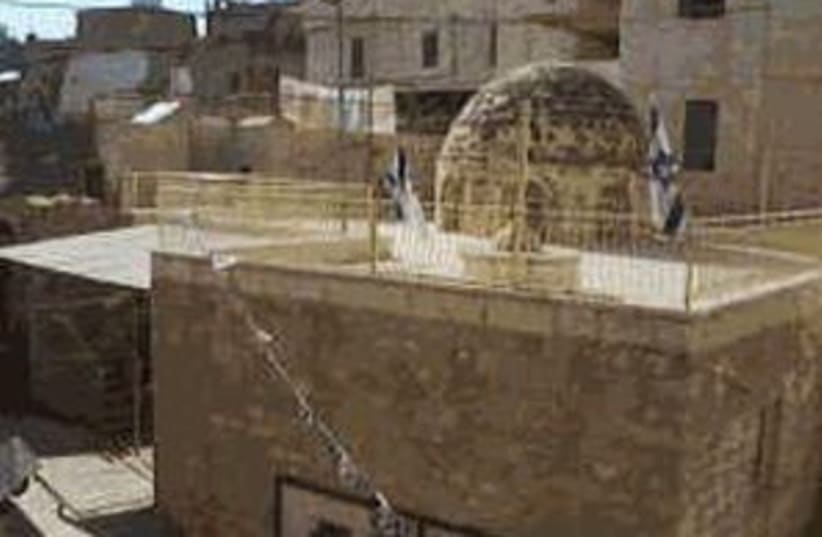| JPOST.COM HIT LIST | |
| JPost.com's most popular articles this past week |
A-G: Hebron market agreement invalid
A-G reveals that West Bank commander was reprimanded for making deal.


| JPOST.COM HIT LIST | |
| JPost.com's most popular articles this past week |